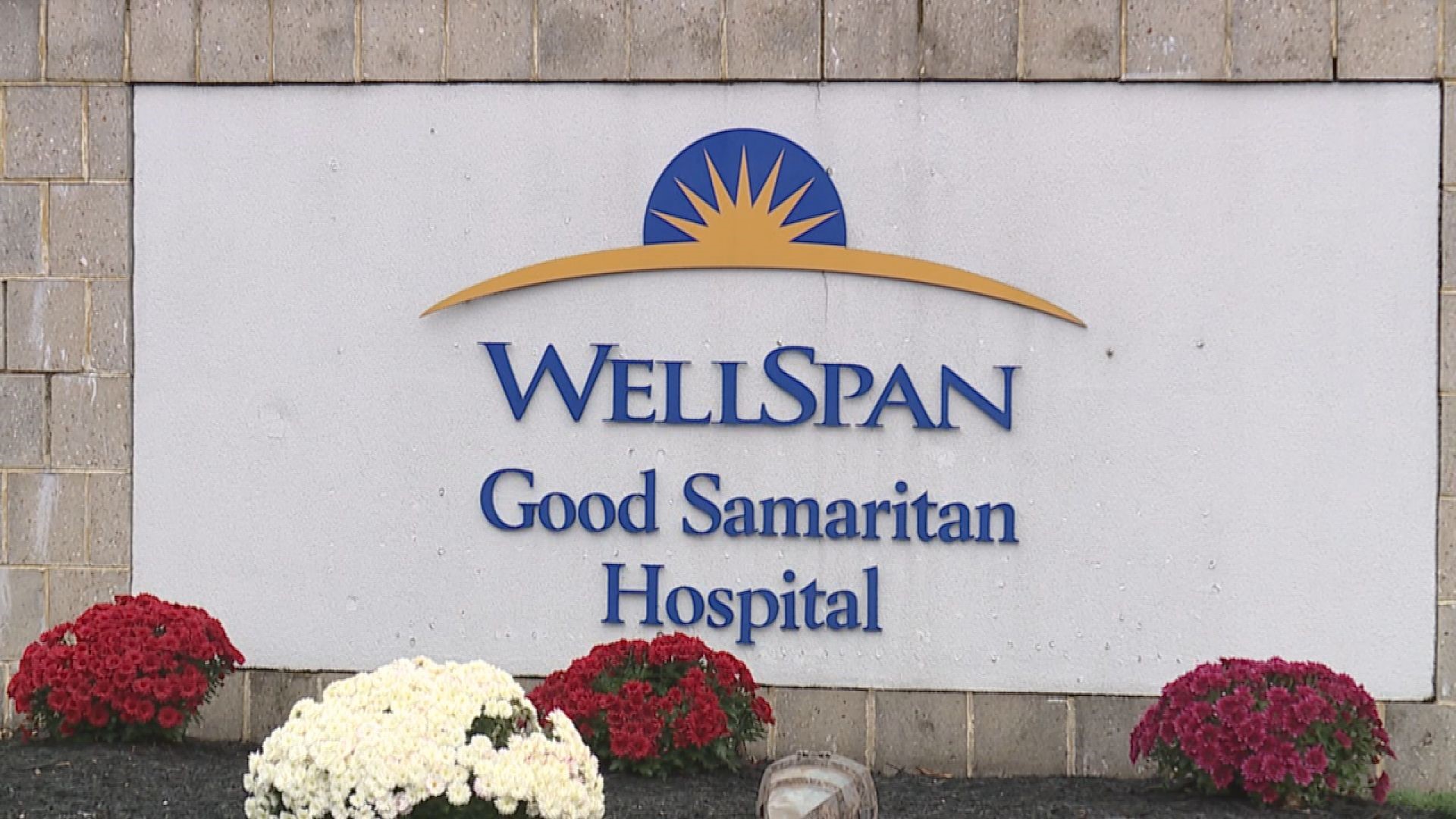LEBANON, Pa. — As climate change continues to threaten the earth, there’s also an increasing threat to human health.
Ironically, the healthcare industry is playing a big part in creating those harmful conditions.
“When [people] think about environmental impact, they generally think about manufacturing, they don’t think about health care," said Keith Noll, senior vice president and chief administrative officer of WellSpan.
According to Practice GreenHealth, the U.S. healthcare sector accounts for 8.5% of the country’s greenhouse gas emissions. Additionally, it spends $8.3 billion on energy annually and generates 30 pounds of waste per hospital bed every day.
“That’s a lot of waste that goes into the waste stream," said Noll. "At WellSpan, it’s about 6,150 tons of waste we produce a year.”
The network is now taking steps to become more sustainable, from diversifying its supply chain to making clinical and operational changes.
“As the largest employer in our region, one of the largest businesses in our region, we really do have a responsibility to try to make the community healthier," said Noll.
WellSpan's goal is to cut greenhouse emissions in half by 2030.
The "Path to 2030" started at Good Samaritan Hospital in Lebanon, where operating rooms have already become “greener."
The framework for the sustainability strategy includes:
-Reducing regulated medical waste by establishing centralized bins and reusable sharps containers.
- Conserving resources in the operating room, which accounts for roughly 30% of hospital waste, by moving to reusable hard cases for surgical kits, replacing disposable containers with a fluid management system, and reviewing kits annually to eliminate unnecessary supplies.
- Reprocessing single-use disposable medical devices.
- Addressing the carbon footprint of anesthesia gas.
- Recycling of clinical plastics where appropriate.
“Thirty percent of all waste in health systems is produced in operating rooms of hospitals so if we can reduce the impact in the operating rooms, we’re helping everything," said Noll.
WellSpan is also working to reduce energy use by introducing hybrid vehicles into its fleet, along with more electric charging stations.
WellSpan has already installed charging stations at certain facilities across the region and is working to expand the program.
The system is also evaluating plans to expand the use of solar energy to support facilities across the system, using green energy from a solar farm at the WellSpan Philhaven campus in Mount Gretna.
“[It] helps your local economy, helps your environment, helps the health system stay financially strong," explained Noll. "It literally is a win-win-win situation for WellSpan and south-central Pennsylvania.”
WellSpan plans to announce specific goals for water, waste, and chemical use reductions in the near future.
Download the FOX43 app here.

